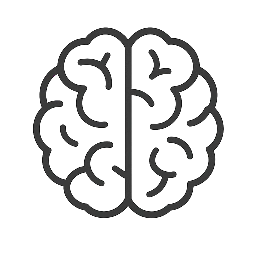
Mental health is essential to overall well-being, influencing how individuals think, feel, and behave daily. When mental health challenges arise, early action can significantly impact recovery, improving outcomes and quality of life. Understanding why early intervention matters is crucial for individuals, families, and communities.
- Prevention of Symptom Escalation
Mental health conditions often start with subtle symptoms that can worsen over time if left unaddressed. Early action helps prevent these symptoms from escalating into more severe and debilitating issues. By recognising and responding to early warning signs, individuals can avoid the progression of disorders such as depression, anxiety, or psychosis. - Improved Treatment Effectiveness
The sooner treatment begins, the more effective it tends to be. Early intervention allows mental health professionals to tailor therapies and medications to the specific needs of the individual before symptoms become chronic or resistant to treatment. This can lead to faster recovery times and better long-term condition management. - Reduced Impact on Daily Life
Mental health challenges can affect work, relationships, and overall functioning. Early action minimises disruptions by addressing problems before they significantly interfere with daily activities. Maintaining social connections and professional responsibilities becomes easier when managing mental health proactively. - Enhanced Support Systems
Seeking help early often involves family, friends, and healthcare providers who can offer support and encouragement. Early engagement with support networks strengthens these connections and fosters a collaborative environment conducive to recovery. - Lower Healthcare Costs
Delaying treatment can lead to more complex health issues requiring intensive care, hospitalisation, or emergency interventions. Early action, by avoiding costly complications, improves health outcomes and reduces the financial burden on individuals and healthcare systems. - Empowerment and Hope
Taking steps to address mental health early empowers individuals to take control of their recovery journey. It promotes a sense of hope and resilience, encourages positive coping strategies, and reduces feelings of helplessness or stigma.
In conclusion, early action in mental health recovery is vital for preventing symptom escalation, enhancing treatment success, and minimising the impact on everyday life. Recognising the signs and seeking timely help can transform the recovery experience, leading to healthier, more fulfilling lives. Communities and healthcare providers must continue to promote awareness and access to early intervention services to support mental wellness for all.

Leave a Reply